The free meal program is Indonesia's flagship welfare policy, with a budget of 171 trillion rupiah in 2024 and expected to double next year.
In just nine months, the program has served more than 20 million people and aims to cover 83 million women and children by the end of the year. However, the rapid expansion has exposed shortcomings, from the lack of standardization in processing and preservation to the difference in kitchen conditions between localities.
In addition to safety concerns, many NGOs are concerned about the nutritional value of meals. Many meals still rely on ultra-processed foods, which pose a risk of causing disease. “This deviates from the goal of providing nutritious food and may even create additional health burdens,” warned Dr. Tan Shot Yen of the Mother and Child Health Movement.
In response, Mr. Dadan Hindayana, head of the National Nutrition Agency, expressed regret and said the government was investigating. He affirmed that, out of a percentage of meals provided, the number of suspected poisoning cases is about 4.7 thousand, which is a very small percentage.
Experts recommend that the government tighten safety standards, train kitchen staff and replace ultra-processed foods with fresh food sources.
Source: https://giaoducthoidai.vn/indonesia-hon-6-nghin-tre-bi-ngo-doc-thuc-pham-lien-quan-bua-an-hoc-duong-post749778.html


![[Photo] Prime Minister Pham Minh Chinh attends the groundbreaking ceremony of two key projects in Hai Phong city](https://vphoto.vietnam.vn/thumb/1200x675/vietnam/resource/IMAGE/2025/9/27/6adba56d5d94403093a074ac6496ec9d)




















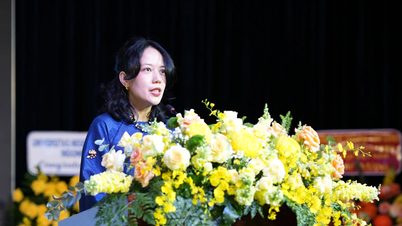











































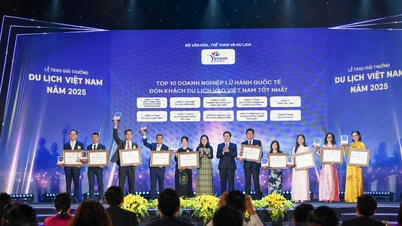

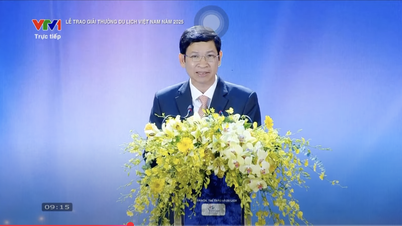
















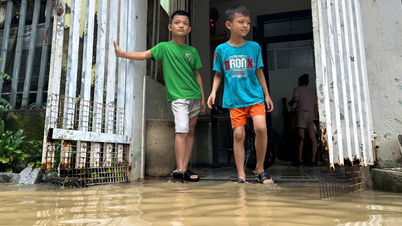
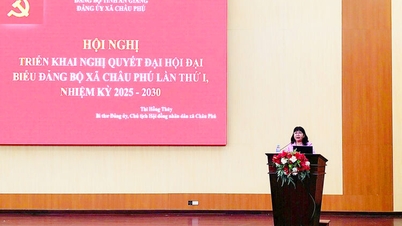











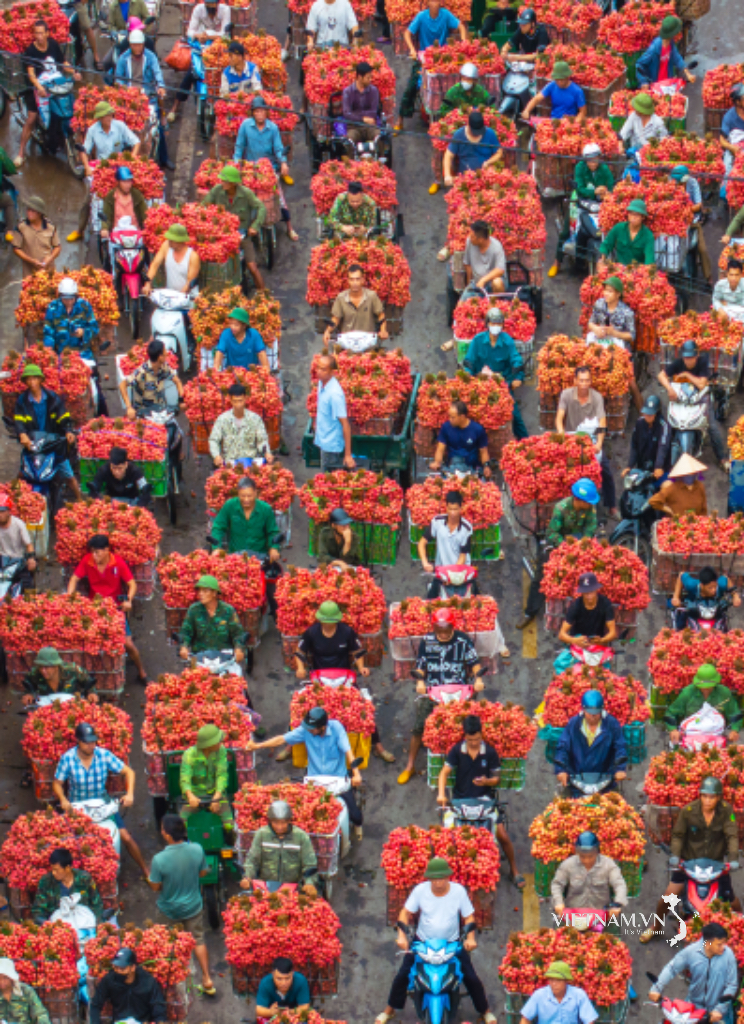

Comment (0)